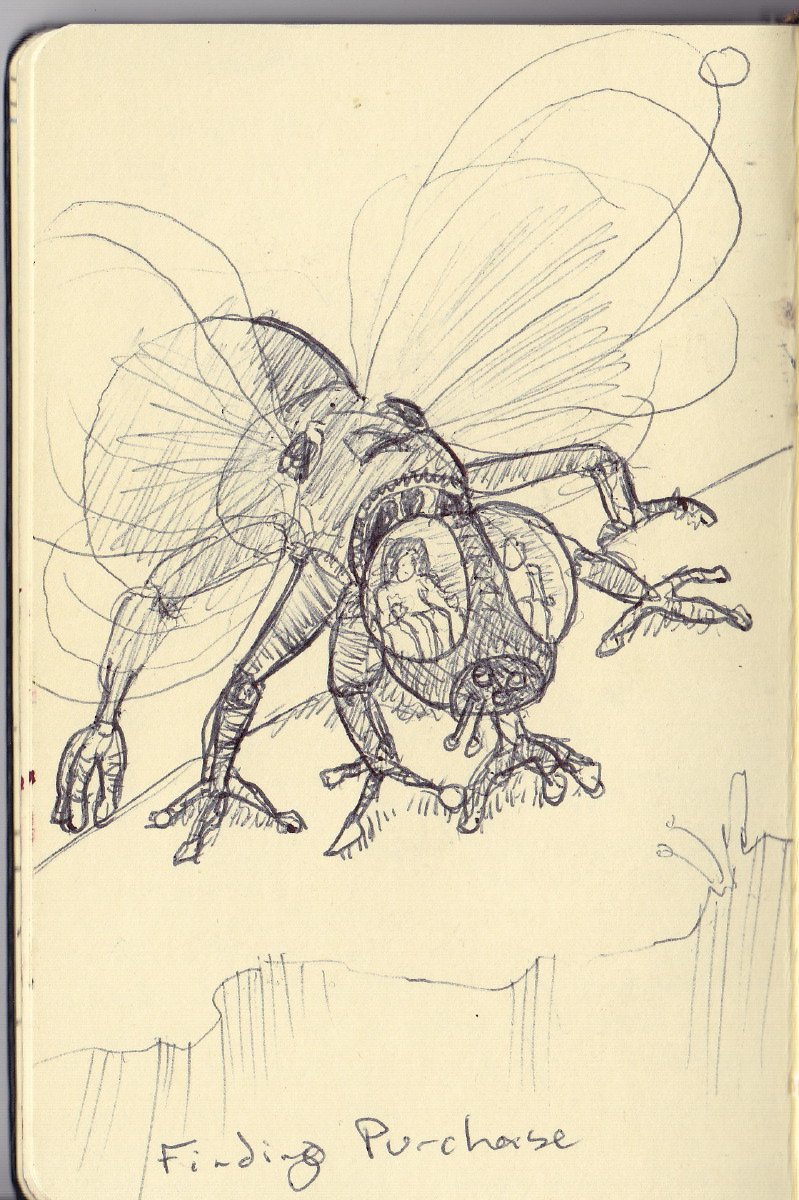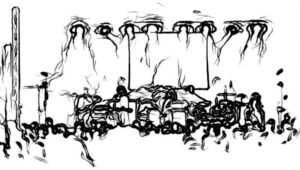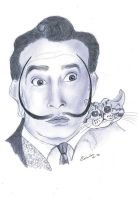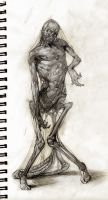Let’s talk about inventors sketchbooks. They’re not just for artists, you know. Some of the greatest minds—think inventors and innovators—use sketchbooks as their secret weapon. They’re where sparks of inspiration meet practicality, where rough doodles turn into life-changing ideas. Sketchbooks are like having a brainstorming partner that’s always by your side.
So, how exactly do inventors and innovators make the most of their sketchbooks? Let’s explore what makes these little books of possibilities so powerful.
Why Sketchbooks Are a Must-Have for Inventors
If you’re an inventor, you’ve probably got ideas running through your head 24/7. The challenge? Keeping track of them before they disappear into the ether. That’s where sketchbooks come in. They’re a safe space for raw creativity—a place where you can experiment and let ideas take shape.
Think Big, Scribble Small
The beauty of sketchbooks is that there are no rules. You can scribble, diagram, or write whatever you want. It doesn’t have to be polished or perfect—just enough to get your thoughts down.
More Than Just a Notebook
Sketchbooks are more than a tool; they’re an extension of your brain. Need to map out an idea? Sketch it. Need to figure out how to make something work? Draw a diagram. They give you the freedom to think visually, which can be a game-changer for inventors.
How Innovators Use Sketchbooks to Solve Problems
For innovators, sketchbooks are like a playground for the mind. Whether they’re designing a new product or figuring out a system, sketchbooks provide a flexible space to problem-solve.
Connecting the Dots
When you’re working on something groundbreaking, you need to see how all the pieces fit together. Sketchbooks let you do just that. Flowcharts, diagrams, and sketches help innovators visualize relationships and spot solutions.
Trial and Error, No Pressure
The best part about a sketchbook? It’s just for you. You can try, fail, and try again without feeling like someone’s looking over your shoulder. That kind of freedom can lead to some pretty amazing breakthroughs.
Physical vs. Digital: What Works Best?
Now, you might be wondering: should I go for a traditional sketchbook or a digital one? Honestly, both have their perks.
Why Go Physical?
- It’s Hands-On: There’s something about putting pen to paper that feels more connected.
- Distraction-Free: No pop-ups or notifications to pull you away from your flow.
- Timeless: There’s a certain charm to flipping through a well-worn sketchbook.
Why Go Digital?
- Editability: You can erase, resize, and tweak to your heart’s content.
- High-Tech Integration: Blend your sketches with apps or share them instantly with collaborators.
- Portable: One device, endless pages.

credit: bwgunner
Famous Minds Who Swore by Sketchbooks
You’re in good company if you use a sketchbook. Some of history’s greatest thinkers and tinkerers relied on them.
Leonardo da Vinci
The OG sketchbook master. Da Vinci filled his with everything from flying machines to anatomical drawings. He was way ahead of his time, and his sketchbooks played a huge role in that.

Thomas Edison
Edison’s notebooks were packed with prototypes, experiments, and notes. They’re a testament to how sketchbooks help track the evolution of an idea.

Modern Innovators
Even today, visionaries like Elon Musk use sketches to work out concepts for rockets and electric cars. It’s proof that sketchbooks are timeless tools for problem-solving and invention.

Tips for Making the Most of Your Sketchbook
Want to get started with a sketchbook? Or maybe you’re looking to up your game. Here are a few tips to get the most out of this creative tool:
1. Always Keep It Nearby
Ideas strike at the weirdest times. Having your sketchbook close means you’re always ready to capture them.
2. Mix It Up
Your sketchbook doesn’t have to be all sketches. Add notes, questions, or even scraps of inspiration—whatever helps you flesh out your ideas.
3. Don’t Worry About Perfection
Seriously, don’t. Your sketchbook is a place for exploration, not presentation.
4. Flip Through Old Pages
Sometimes, the answer to a current problem is hiding in an idea you had months ago. Revisit old sketches—you never know what you’ll find.

Sketchbooks.org | SUBJECT MATTER
Sketching Musicians and Bands | The Sound of Ink
Capturing the energy of live music through sketching is a powerful way to blend visual art with sonic inspiration. Whether you're drawing a solo violinist mid-performance or a full rock band in rehearsal, sketching musicians...
The Magic of Sketchbooks for Innovators
There’s something special about sketchbooks. They’re more than just pages—they’re where creativity meets problem-solving. For inventors and innovators, they’re essential tools that help take ideas from “What if?” to “Wow!”
So, whether you’re building the next big thing or simply brainstorming, grab a sketchbook. It might just be the missing piece of your creative process.
Ready to turn your ideas into reality? Start sketching today!
Ready to Share Your Work?
When you get a new sketchbook, what's the first thing you do?







